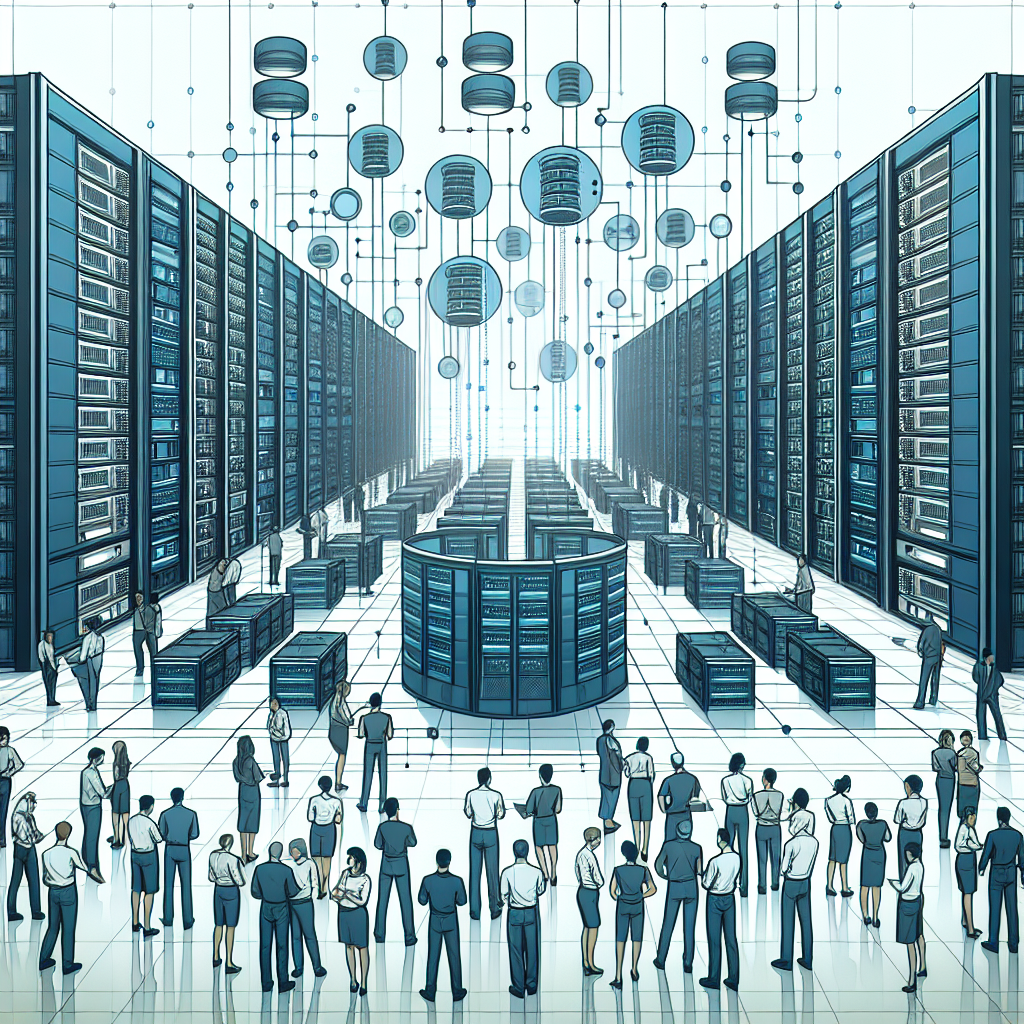Choosing the Right Data Center Database Solution for Your Organization
In today’s digital age, data is the lifeblood of any organization. From customer information to sales data, having a reliable and efficient database solution is crucial for storing and managing this valuable information. With the rise of cloud computing and the increasing amount of data being generated daily, choosing the right data center database solution for your organization has never been more important.
When it comes to selecting a database solution for your organization, there are several factors to consider. These include the type of data you will be storing, the volume of data you will be managing, the performance requirements of your applications, and the budget you have available. With so many options available in the market, it can be overwhelming to make a decision. Here are some tips to help you choose the right data center database solution for your organization:
1. Consider the type of data you will be storing: Different types of databases are designed to handle different types of data. For example, if you will be storing structured data such as customer information or sales data, a relational database like MySQL or PostgreSQL may be suitable. If you will be storing unstructured data such as documents or images, a NoSQL database like MongoDB or Cassandra may be more appropriate.
2. Evaluate the volume of data you will be managing: The volume of data you will be managing will have a significant impact on the performance and scalability of your database solution. If you will be managing a large amount of data, you will need a database solution that can scale horizontally to handle the increasing workload. Consider solutions like Amazon Aurora or Google Cloud Spanner that offer high scalability and performance.
3. Assess the performance requirements of your applications: The performance of your database solution will directly impact the performance of your applications. If you have real-time applications that require low latency and high throughput, you will need a database solution that can provide fast read and write operations. Look for solutions like Redis or Apache Cassandra that are optimized for performance.
4. Consider your budget: The cost of a database solution can vary greatly depending on the vendor and the features included. Consider your budget constraints and choose a database solution that offers the best value for your organization. Open-source databases like MySQL or PostgreSQL are cost-effective options that offer robust features and scalability.
In conclusion, choosing the right data center database solution for your organization is a critical decision that can have a significant impact on the performance and efficiency of your operations. By considering factors such as the type of data you will be storing, the volume of data you will be managing, the performance requirements of your applications, and your budget, you can make an informed decision that meets the needs of your organization. With the right database solution in place, you can ensure that your organization’s data is secure, reliable, and easily accessible for your business needs.


